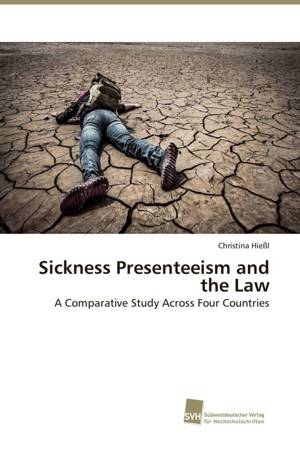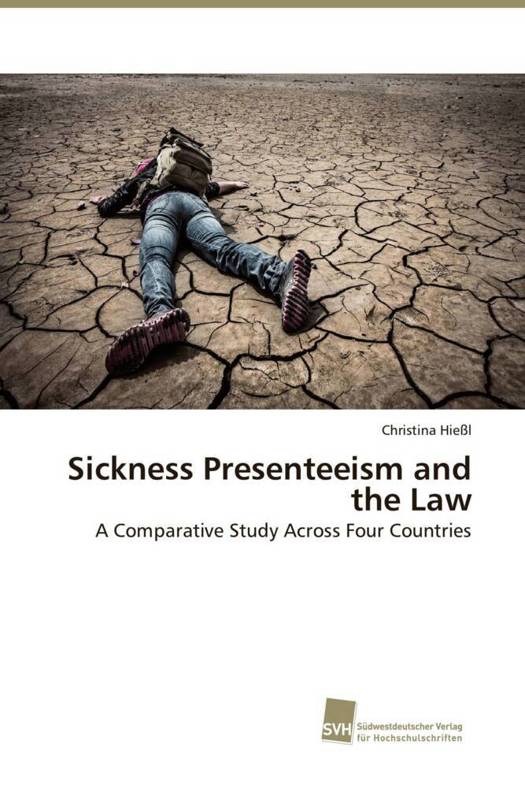
- Afhalen na 1 uur in een winkel met voorraad
- Gratis thuislevering in België vanaf € 30
- Ruim aanbod met 7 miljoen producten
- Afhalen na 1 uur in een winkel met voorraad
- Gratis thuislevering in België vanaf € 30
- Ruim aanbod met 7 miljoen producten
Zoeken
Sickness Presenteeism and the Law
A Comparative Study Across Four Countries
Christina Hießl
Paperback | Engels
€ 114,45
+ 228 punten
Omschrijving
"Presenteeism" - as a notion created as a counterpart to absenteeism - is being given increasing attention in socio-economic sciences as the phenomenon of attending work despite sickness. The present book investigates legal issues in relation to this phenomenon - and ultimately the question to what degree legal rules concerning sickness-related absence can and should take the risk of presenteeism into account. For this purpose, a closer look is taken into current legal regulation in four European countries (Austria, the Czech republic, Hungary and the Netherlands) with respect to monetary benefit schemes under labour and social security law, with a specific focus on their degree of inclusiveness, additional measures to avoid sickness-related job losses, risk distribution between employees, employers and society, and the likelihood of striking a reasonable balance between the aims of income security and the prevention of abuse.
Specificaties
Betrokkenen
- Auteur(s):
- Uitgeverij:
Inhoud
- Aantal bladzijden:
- 648
- Taal:
- Engels
Eigenschappen
- Productcode (EAN):
- 9783838137971
- Verschijningsdatum:
- 30/01/2014
- Uitvoering:
- Paperback
- Formaat:
- Trade paperback (VS)
- Afmetingen:
- 152 mm x 229 mm
- Gewicht:
- 934 g

Alleen bij Standaard Boekhandel
+ 228 punten op je klantenkaart van Standaard Boekhandel
Beoordelingen
We publiceren alleen reviews die voldoen aan de voorwaarden voor reviews. Bekijk onze voorwaarden voor reviews.











